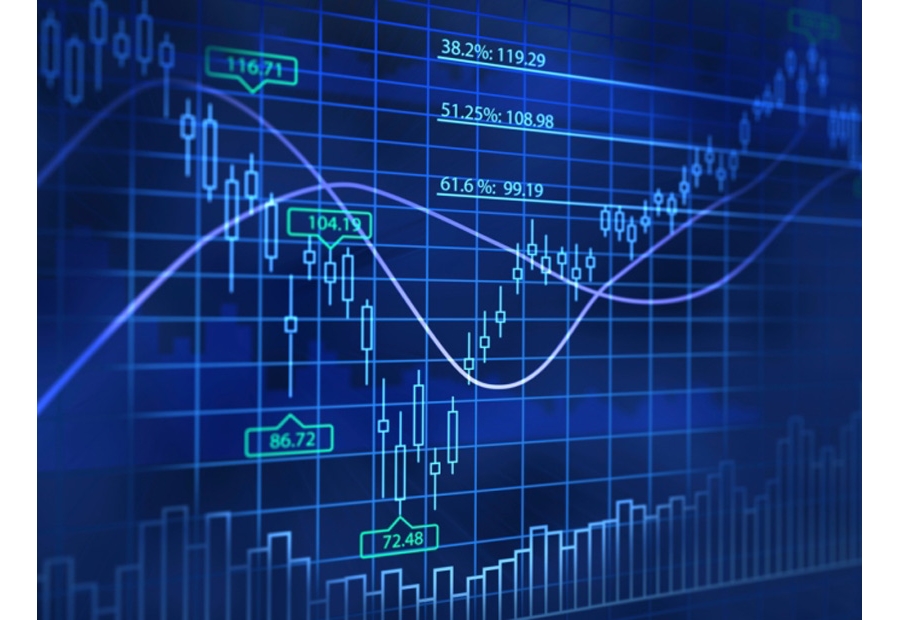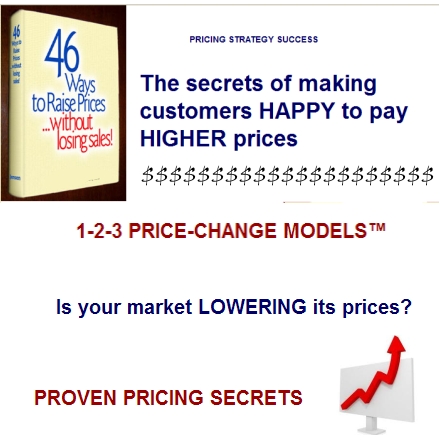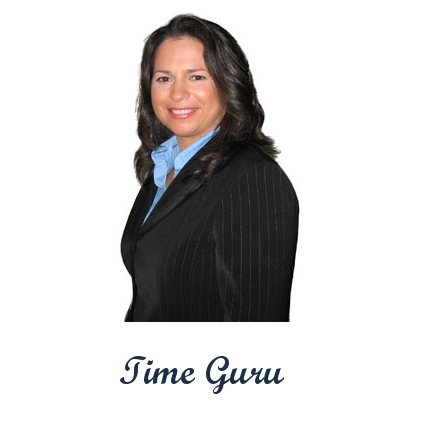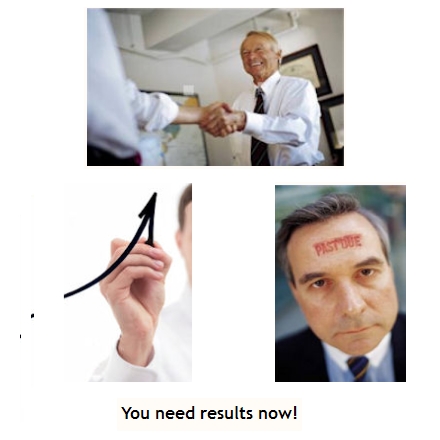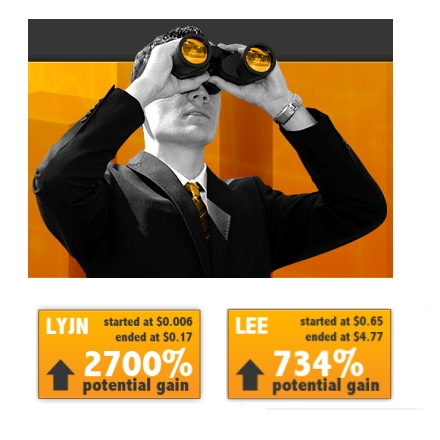Forex basics summary
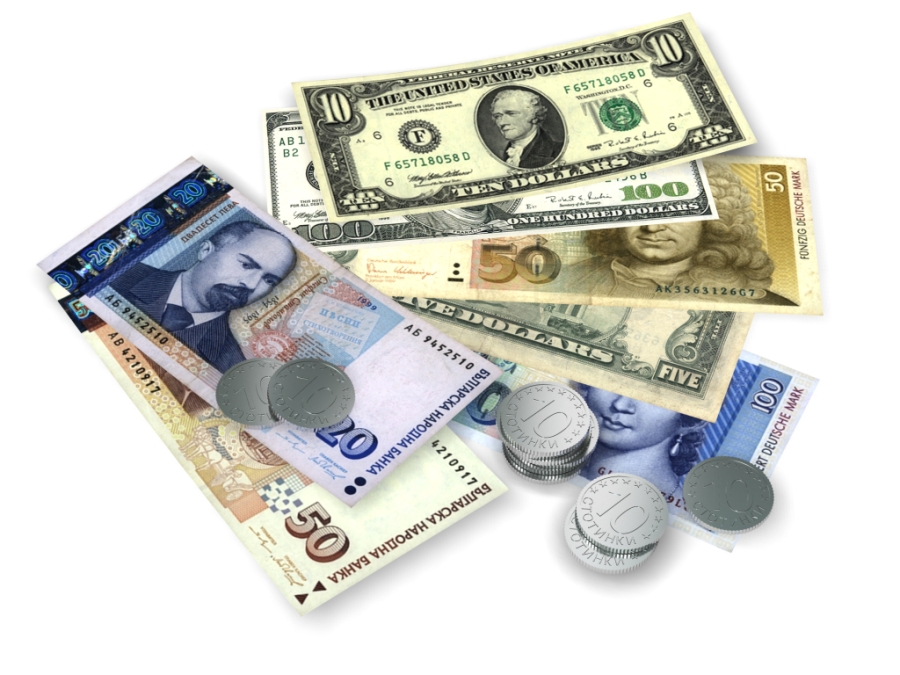
Foreign exchange(Forex) market basics
Summary:
Foreign exchange consists of trading one type of currency for another. Not only is it the world's largest financial market, but unlike any other financial market, investors can respond to currency fluctuations
caused by economic, political and social events at the time they occur without having to wait for exchanges to open.
An enormous proportion of FX market activity is driven by speculation, arbitrage and professional dealing, in which currencies are traded like any other commodity.
Over 85% of all daily transactions involve trading of the Majors, which include the US Dollar, Japanese Yen, Euro, British Pound, Swiss Franc, Canadian Dollar and Australian Dollar.
Reading a foreign exchange quote:
1) The first currency listed is the base currency and
2) the value of the base currency is always 1.
Currency prices are affected by a variety of economic and political conditions, most importantly interest rates, inflation and political stability.
Technical traders use charts, trend lines, support and resistance levels, and numerous patterns and mathematical analysis to identify trading opportunities. Fundamentalists predict price movements by
interpreting a wide variety of economic information, including news, government-issued indicators and reports, and even rumour.
Terms and definitions:
Forex: An abbreviation of foreign exchange.
Trading margin FX
When trading FX on margin, the dealing prices quoted are directly correlated to those prevailing in the inter bank foreign currency market. You are, therefore, gaining access to the professional currency
market at the wholesale dealing spreads, without being a major corporation, bank or financial institution and without the need for inter bank credit lines. A client is provided with two prices: a bid and an
offer. This is referred to as the spread and depends upon the size, volatility and the currency being quoted. The quotes are valid only for a short time.
Since the mid 1990s, with the advent of online foreign exchange trading on margin, clients now have the advantage of trading on live streaming prices. This transparency and ease of dealing has accelerated
the growth of currency trading speculation and, essentially, given the retail trader access to a huge market for speculation.
Margin FX
Margin in the context of FX & CFDs means a cash deposit provided by clients as collateral to cover losses (if any) that may result from the client's trading activities. For trading the main currencies, some
banks require a 1% margin deposit. This means that in order to trade one million dollars, you need to place just USD 10,000 by way of security
For many years foreign exchange was a market only accessible by the largest of institutions and a few very wealthy individuals. Margin FX trading, by comparison, has the potential of unlocking this vast
market to millions of individual traders.
The trader has control and can choose level of risk. It is up to him to manage your positions and exposure in the FX markets. Manage your investment and the risk very actively. Since currency trading
involves the use of leverage, risk and potential loss can be magnified.
Speculator: A sophisticated individual who trades with significant leverage, taking on above average risk in hopes of above average returns.
Bid Price: The highest price a prospective buyer is willing to pay at a particular time for securities, futures contracts or foreign currencies.
Margin in the context of FX & CFDs: A cash deposit provided by clients as collateral to cover losses (if any) that may result from the client's trading activities.
Spread(aka dealing spread) : The difference between the market-maker's bid and offer price for a currency. The dealing spread is typically 3-5 points in normal market conditions. This means that you can
sell US dollars against the euro at 1.7780 and buy at 1.7785. There are no further costs, commissions or exchange fees.
Base Currency and Variable Currency
When you trade, you will always trade a combination of two currencies. there is always a long (bought) and a short (sold) side to a trade, which means that you are speculating on the prospect of one of the
currencies strengthening in relation to the other. The trade currency is normally, but not always, the currency with the highest value.
Spot trading: When you trade foreign exchange you are normally quoted a spot price. This means that if you take no further steps, your trade will be settled after two business days.
Forward trading: If you are an investor, you will normally want to swap your trade forward to a later date. This can be undertaken on a daily basis or for a longer period at a time..

